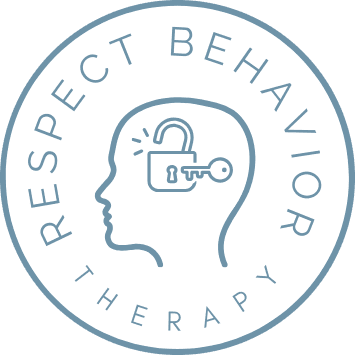Nighttime Nemesis: Understanding and Combating Insomnia in Adults

Insomnia, a widespread problem among adults, is often downplayed despite its potential to significantly impact life quality. This post explores the prevalence of insomnia in adults, its repercussions, and practical strategies to tackle it.
Insomnia in Adults: An Undeniable Reality
- Insomnia, defined as persistent difficulties in falling or staying asleep, is a reality for a significant portion of the adult population. It can be spurred by a host of factors such as stress, anxiety, depression, or lifestyle habits.
Implications of Insomnia
- Insomnia can profoundly affect an adult's life, leading to daytime fatigue, impaired concentration, mood disturbances, and increased susceptibility to health disorders. Moreover, it can strain relationships and hinder professional life.
Combating Insomnia: A Multi-faceted Approach
- Managing insomnia often involves a multi-pronged approach, including sleep hygiene, lifestyle adjustments, cognitive-behavioral therapy, and, in some cases, medical intervention.
Sleep Hygiene and Lifestyle Adjustments
- Maintaining consistent sleep schedules, creating a sleep-conducive environment, limiting caffeine and alcohol intake, and exercising regularly can significantly improve sleep quality.
Cognitive Behavioral Therapy for Insomnia (CBT-I)
- CBT-I is a structured program that helps insomniacs identify and replace thoughts and behaviors that cause or worsen sleep problems with habits promoting sound sleep.
Medical Intervention
- If insomnia continues despite these measures, it may be necessary to consult a healthcare provider. Depending on the underlying causes, they may suggest medication or refer you to a sleep specialist.
Conclusion
Insomnia in adults is a significant concern that necessitates attention and appropriate action. By adopting healthier sleep habits, making necessary lifestyle changes, considering CBT-I, and seeking professional help when needed, we can pave the way towards better sleep and, in turn, improved overall health and quality of life.
Send a Message
An email will be sent to the owner
Give us a call
Send us an email
